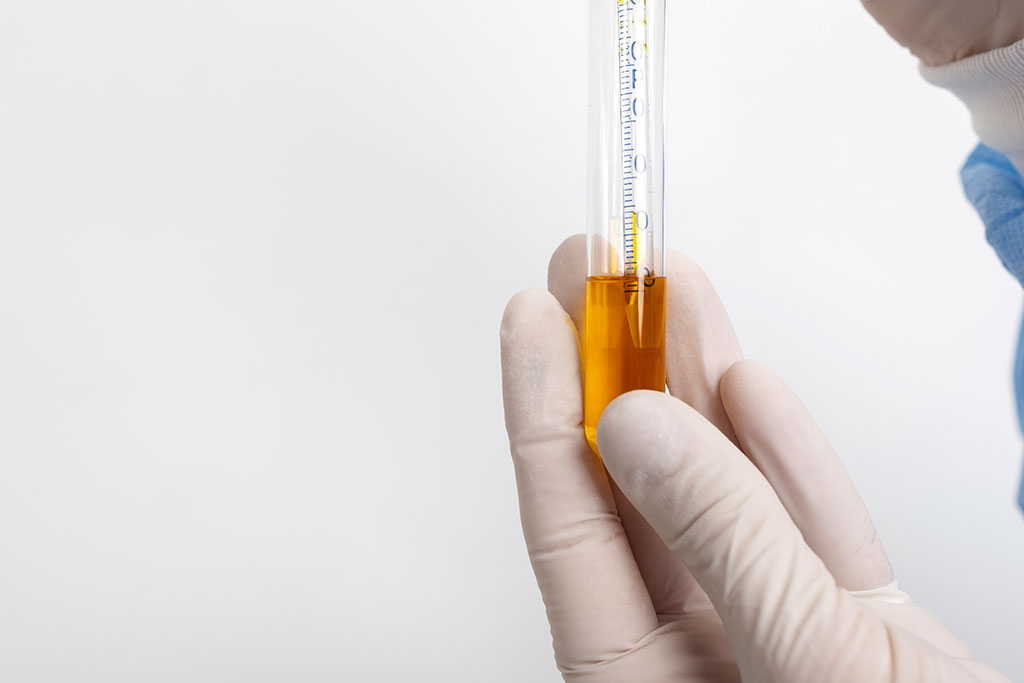Urine Biomarker Test to Enable Accurate Diagnosis of Diabetic Kidney Disease
Posted on 20 Jul 2023
Diabetic kidney disease (DKD), a major microvascular complication of type 2 diabetes mellitus (T2DM), results in permanent kidney damage and poor prognosis for the affected patients. For individuals with T2DM, particularly those with a prolonged disease history, early detection and monitoring of kidney damage are critical. Now, a team of researchers who conducted a comprehensive analysis of urinary and exosome proteome profiling has uncovered novel biomarkers for DKD.
In a collaborative study involving researchers from the Chinese Academy of Sciences (Shanghai, China), the team carried out extensive urinary proteomics and urinary exosome proteomics studies on T2DM patients exhibiting varying levels of albuminuria. The study involved 144 clinical patients, from whom 144 urine samples were collected. This included 19 healthy controls and 125 T2DM patients at various stages (74 at DM1 stage with ACR value < 30 mg/g, 36 at DM2 stage with 30 mg/g ≤ ACR value ≤ 300 mg/g, and 15 at DM3 stage with ACR value > 300 mg/g). This helped the team uncover the dynamic attributes of urinary and exosome proteomes in T2DM patients with varying albuminuria levels. All proteins were grouped into six clusters based on their expression patterns throughout DKD's progression.

The research revealed that proteins involved in glycolysis and ubiquitination processes experienced a dramatic drop from healthy control to DM1 stage, followed by a slow decline from DM1 to DM3 stage. Proteins associated with lipid transport and cholesterol esterification progressively increased as DKD advanced, peaking at the DM3 stage. Proteins mainly engaged in carbohydrate metabolic processes exhibited high expression in T2DM patients and then decreased as DKD progressed. Moreover, the team identified and validated a series of proteins like SERPINA1 and TF in another cohort of diabetic urine samples at different DKD stages. These proteins hold potential as future biomarkers for DKD diagnosis or disease monitoring, thereby offering a valuable resource for identifying potential urinary biomarkers in DKD patients.
Related Links:
Chinese Academy of Sciences













